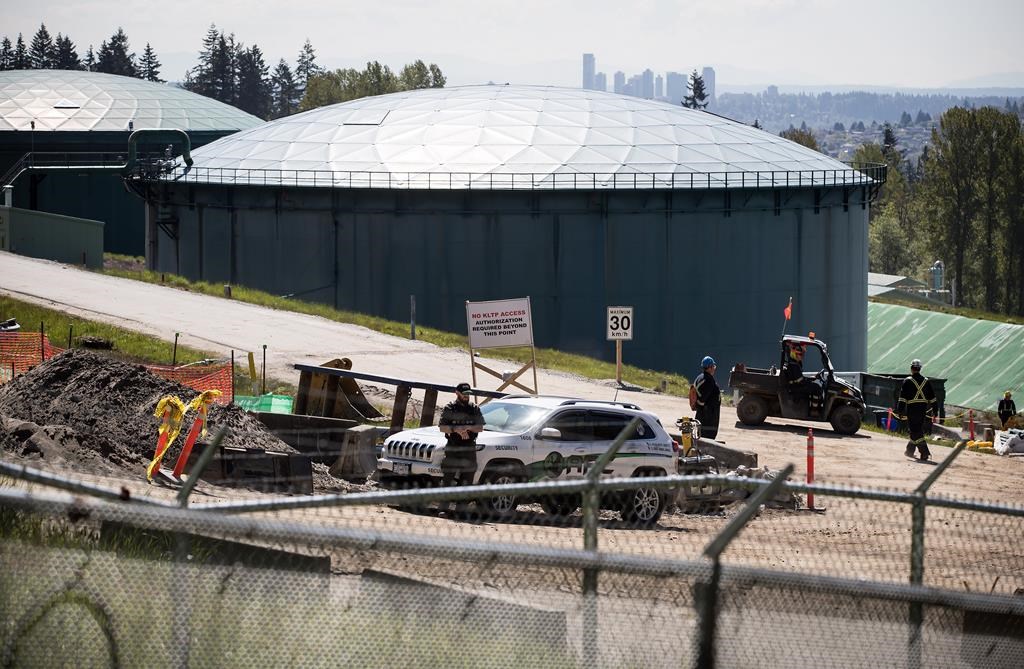OTTAWA — Legislation overhauling Canada’s assessment of major energy projects is back in the hands of Environment Minister Catherine McKenna, albeit looking a lot different than when she introduced it.
The Senate passed the Impact Assessment Act late Thursday with more than 180 amendments.
The changes take power away from the environment minister to intervene in or slow the assessment process, reduces the ability for legal challenges of project approvals and adds more emphasis on economic considerations when deciding whether to go ahead with a particular project.
Very pleased that the Senate has accepted the Energy Committee’s 180 amendments to Bill C-69. I urge the federal government to respect the Senate’s recommendations, which followed extensive consultation and study. https://t.co/Tvn0ZlvdrW
— Jason Kenney (@jkenney) June 7, 2019
Paula Simmons, an independent Senator from Alberta voted in favour of that report but says some other senators didn’t feel it was the role of the committee, made up of only six people, to kill a piece of government legislation.
“Even some of my colleagues who don’t like C-48, who have serious questions about it wanted the chance for it to come back for third reading debate on the full floor of the Senate. I don’t agree with them necessarily, but I respect their decision.”
Simmons said it’s now her job to try and move amendments such as exempting the Niska First Nations territory, located at the very northern edge of the tanker ban area.
“Because it would give them the opportunity to decide for themselves how they want to develop economically on their own reserve, and it would create a potential route for a pipeline, not a guaranteed route, but at least it would keep the potential for a pipeline alive while respecting the Niskas treaty rights.”
The government now has to decide which of those amendments it will accept as it tries to fulfill a 2015 campaign promise to fix Conservative-era assessment legislation the Liberals say created a broken system that blocked public participation and negated environmental concerns.
Environmental groups felt Bill C-69 originally delivered some balance between the environment and the economy as the country makes its way through a transition to a greener, cleaner energy sector.
Oil industry executives decried it as a bill that would prevent any new major energy projects from ever being built while Alberta Premier Jason Kenney says the bill is a nightmare for national unity.
With files from The Canadian Press







